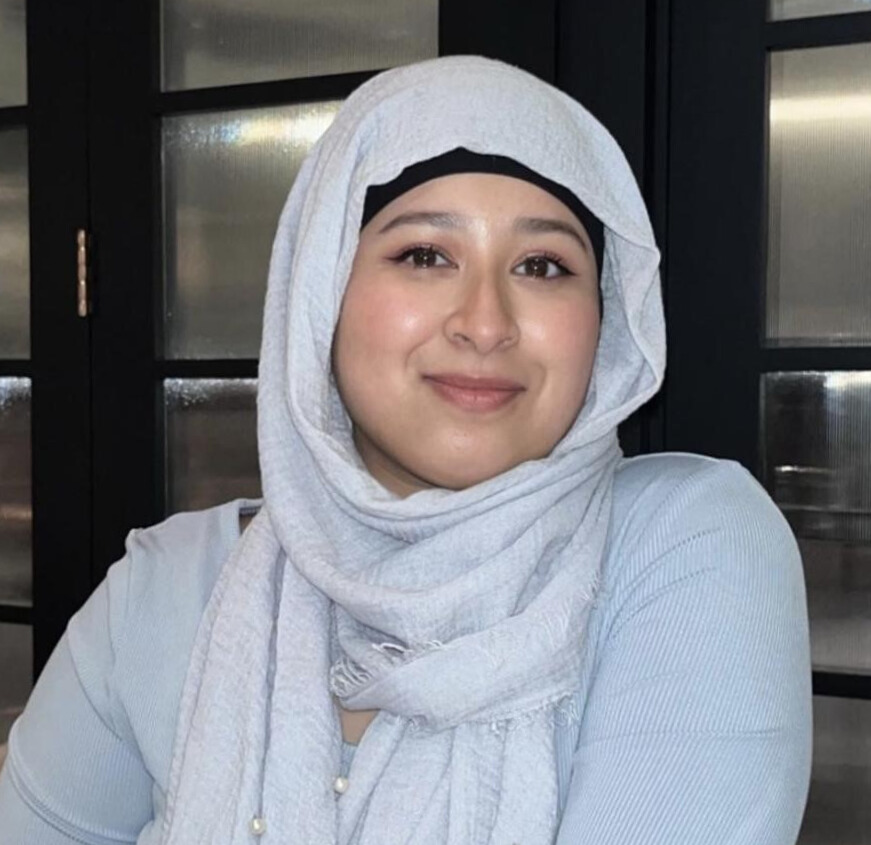Published: September 17, 2024
By: Alison Lang, UTL News
Last September, a student approached Accessibility and Resource Sharing librarian Hujma Chowdhury with a problem. The student had been trying to navigate the then-newly installed access gates at Robarts and Gerstein libraries and due to low vision, they didn’t know which way their TCard stripe faced to swipe through the access gate.
Chowdhury reached out to the Canadian National Institute for the Blind to devise a solution. Together they created transparent braille stickers to add on top of TCards to help vision impaired students swipe their cards properly. The project has since been expanded, and now TCard offices at U of T Mississauga and U of T Scarborough can offer these stickers to new and returning students at any time.
The Braille TCard project is an example of how a seemingly simple action – a student voicing a concern about a potential barrier – led to a groundbreaking tri-campus initiative, showing how libraries can evolve as hubs of accessibility for the university community. It’s one of the many reasons Chowdhury loves her job.
“I love being this point person for students,” says Chowdhury. “While we try to be proactive, we often don’t know whether something is inaccessible until a student reaches out. We really encourage students to talk to us about library-specific options because accommodation needs vary.”
Primarily, Chowdhury’s office works one-on-one with students who have requested accessibility accommodations related to library services. But students need to reach out to Accessibility Services first and register as their first point of contact.
 Here, you’ll be paired with an advisor who will be able to determine your accommodation needs and whether they fall within the library’s purview. At this point, you’ll be directed to the Library Accessibility Office, and connect with staff, including Chowdhury and Accessibility & Senior Access Services Associate Zain Patel. At this point, students can directly connect with the library after being referred by their advisor. (It’s also worth noting that these services are also available to faculty if they require alternative formats.)
Here, you’ll be paired with an advisor who will be able to determine your accommodation needs and whether they fall within the library’s purview. At this point, you’ll be directed to the Library Accessibility Office, and connect with staff, including Chowdhury and Accessibility & Senior Access Services Associate Zain Patel. At this point, students can directly connect with the library after being referred by their advisor. (It’s also worth noting that these services are also available to faculty if they require alternative formats.)
Library Accessibility Services
Accommodation options for students might include:
• Creating accessible PDFs and other formats for documents
• Providing alternative format print materials for library works and widely published books
• Textbook conversion
• Digitizing books
• Providing closed captioning support for the library’s audiovisual collection
• Providing items like accessible laptops, wheelchairs, and more
Chowdhury strongly recommends that students connect with an advisor as soon as they can, as it can take time to properly track down, process, and digitize material. She also encourages students to feel empowered to share any suggestions about library accessibility or wayfinding, particularly if they see areas for improvement.
“Accessibility just makes sense to me,” says Chowdhury. “Students deserve the same rights to access as everyone else and shouldn’t have to work so hard to get them. It’s important to me to be that initial contact and try to accommodate. I hate saying, ‘No there’s nothing we can do.’ I always take the additional step to look into things for them and ask others what can be done.”
Reach out to Accessibility Services for more information and to connect with an advisor.